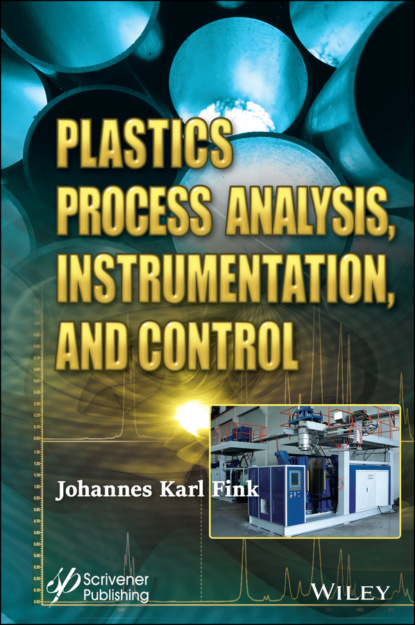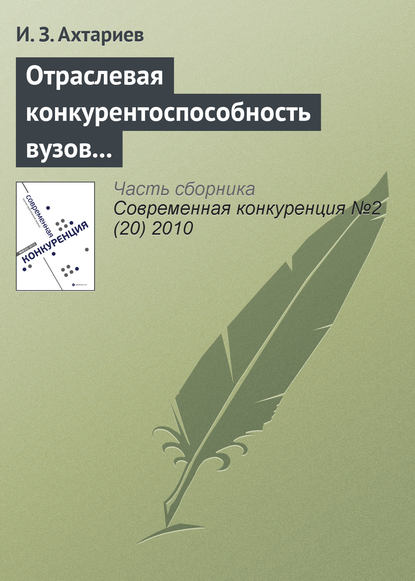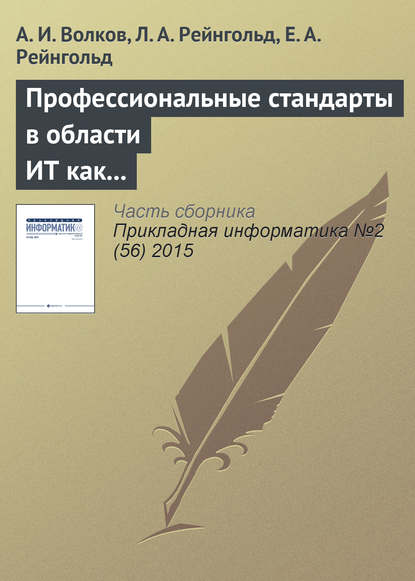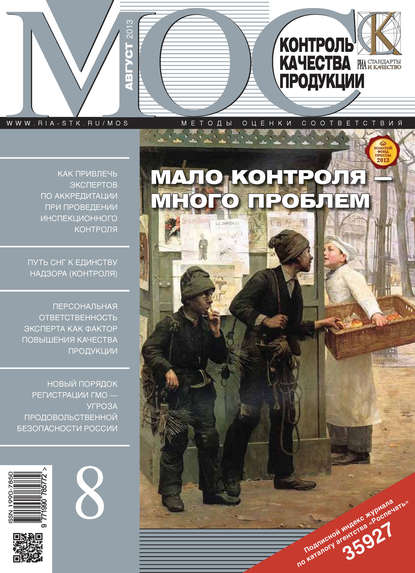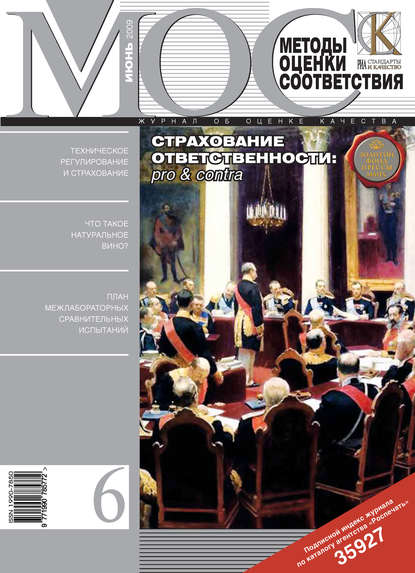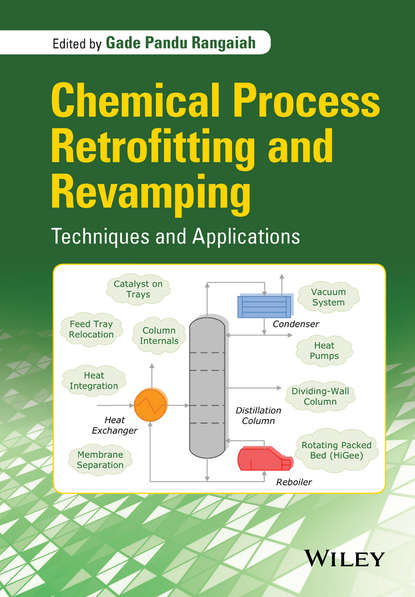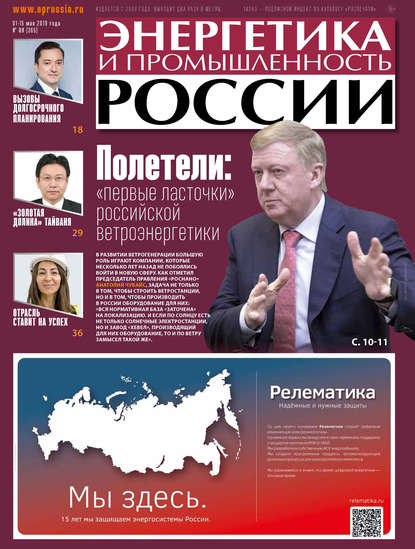Книга "Plastics Process Analysis: Instrumentation & Control" собрала под своей обложкой труды группы авторов о современном производстве пластмассовых изделий, аналитических и контрольно-измерительных процедурах, связанных с обработкой полимеров.
Работа затрагивает специфику процессов термообработки и литья пластмасс, обращая внимание на присущее им уникальное поведение при нагреве, перемещении жидкости, вязкоупругом состоянии и в зависимости от времени, температуры и истории сработанности материала, что помогает понять, как пластики ведут себя в процессе переработки и на выходе. Многие производственные процессы являются циклическими или непрерывными, представленные в виде потоковых систем, где переменные процесса, такие как время, температура, местоположение, плавление и гидравлическое давление, должны контролироваться для получения желаемых параметров продукта, определенных
This book focuses on plastic processing analysis, and instrumentation for the modern plastics manufacturing industry. Since plastic processing differed from metal, ceramic and other material processing, there was a need for specific analysis. For example, plastic materials have unique heat transfer properties, fluid behavior, visco-elastic effects and historic time/temperature influence which shows how they react to process treatment and eventual use. Some processes are continual or repetitive in nature, and the process variable requirements, time/temperature, pressure, movement and melting, require management to produce a suitable product having critical elements and appropriate physical attributes based on the process settings. Suitable instrumentation needed to be chosen as it should survive the restrictions and harsher manufacturing conditions of high pressurization, heat and movement, with a rapid response to capture the process' dynamics; at times this has to be done without direct analysis of the substance itself to avoid affecting the molten condition or final product. Plastic resins have reactive characteristics; failure to control the right process may lead to them degrading. Process analysis enables mechanisms to be developed to minimize its affect and recover optimum enduse properties.
This book focuses on the analysis of plastic processing, instrumentation and control in modern manufacturing within the plastics industry. Process analysis begins as plastic processing is a distinct operation different to metals, ceramics and other common materials.
Plastic materials exhibit unique behaviours in relation to heat-transfer, fluid-flow, viscous elasticity, and their legacy of time, temperature or state of previous shear, which means the way they respond to processing and will eventually function. Many plastics manufacturing processes involve long-term or cyclical activities. The processes consist of dynamic or dynamic fields, where the relevant variables – such as time, temperature, position, melting degree and hydraulic pressure – require careful control to deliver the desired product yield. To achieve this, concrete indicators specify product dimensions and inherent qualities subject to particular manufacturing processes. Sensors for measuring process reactions are deployed to the task, to identify the effect of operations or manufacturing factors on any anomaly as a result; to monitor, record, analyse, or even predict qualitative/quantitative evolution milestones crucial to plastic production. Moreover, it detects or monitors them, keeps a note of their effects on quality. Frequently, the measurements must not affect operation or interfere with the melt-state or the final product. The plastics' polymers are active materials. If process parameters are lacking regulation, the polymers will suffer damage, resulting in labile or limited materials qualities. Through studying processing procedures, the book identifies techniques to lessen degradation trends or optimise end performance traits.
Электронная Книга «Plastics Process Analysis, Instrumentation, and Control» написана автором Группа авторов в году.
Минимальный возраст читателя: 0
Язык: Английский
ISBN: 9781119795773
Описание книги от Группа авторов
This book focuses on plastics process analysis, instrumentation for modern manufacturing in the plastics industry. Process analysis is the starting point since plastics processing is different from processing of metals, ceramics, and other materials. Plastics materials show unique behavior in terms of heat transfer, fluid flow, viscoelastic behavior, and a dependence of the previous time, temperature and shear history which determines how the material responds during processing and its end use. Many of the manufacturing processes are continuous or cyclical in nature. The systems are flow systems in which the process variables, such as time, temperature, position, melt and hydraulic pressure, must be controlled to achieve a satisfactory product which is typically specified by critical dimensions and physical properties which vary with the processing conditions. Instrumentation has to be selected so that it survives the harsh manufacturing environment of high pressures, temperatures and shear rates, and yet it has to have a fast response to measure the process dynamics. At many times the measurements have to be in a non-contact mode so as not to disturb the melt or the finished product. Plastics resins are reactive systems. The resins will degrade if the process conditions are not controlled. Analysis of the process allows one to strategize how to minimize degradation and optimize end-use properties.
